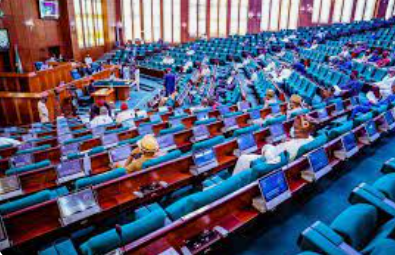
Lagos, Nigeria — Legal practitioners and Civil Society Organisations (CSOs) have called for deeper collaboration and systemic reforms to strengthen public interest litigation in Nigeria, stressing its role in promoting accountability and access to justice for vulnerable groups.
The call was made at a special session hosted by Spaces for Change (S4C) during the PILNet Africa Regional Convening on Public Interest Litigation, held in Lagos.
In a statement on Thursday, S4C’s Executive Director, Mrs. Victoria Ibezim-Ohaeri, highlighted the organisation’s research-driven approach to pro bono legal interventions. She explained that several of the group’s landmark cases stemmed from extensive fieldwork and community-based investigations.
Drawing from her doctoral research on SARS operations in Anambra State, Ibezim-Ohaeri noted that many victims later secured compensation through the EndSARS judicial panels, thanks to evidence gathered by S4C and its partners.
She added that the organisation regularly collaborates with other research-focused groups to uncover and document rights violations across Nigeria, integrating human rights into broader governance and development conversations.
During a panel discussion, Prof. Adebisi Arewa of the Nigerian Institute of Advanced Legal Studies described access to justice as “the most essential human right,” lamenting that ordinary Nigerians face systemic barriers that erode their dignity.
“About 99.99 per cent of Nigerians lack access to justice,” Arewa said. “Strategic litigation not only exposes flaws in the system but also offers lifelines to the marginalised.”
Former Nigerian Bar Association (NBA) Chairman, Alex Morka, urged the institutionalisation of pro bono services nationwide. He suggested the NBA consider making such representation mandatory, while commending judges who assign senior lawyers to indigent defendants in capital cases.
Speaking on behalf of the National Human Rights Commission (NHRC), Dr. Lucas Koyejo raised concerns about staffing shortages. He revealed that the Lagos office, which serves over 20 million residents, currently has only 12 lawyers, including himself.
“We receive countless complaints daily, both from individual citizens and through partners like S4C. But our capacity remains overstretched,” he said.
The session also featured testimonies from victims of forced evictions, police brutality, and other abuses, underscoring the real-world impact of public interest litigation.
Participants agreed that sustained reforms, stronger institutional support, and wider collaboration among legal professionals and civil society actors are essential to ensure Nigeria’s justice system meets the needs of its most vulnerable citizens.



